Understanding the 100-Watt Panel and its Uses
There are many pressing reasons to switch to solar energy, especially since our world is facing an energy crisis. You want a power source you can count on in the case of emergencies and natural disasters. Solar energy tends to be more cost-effective in the long run, and the environmental benefits of solar energy are highly significant.
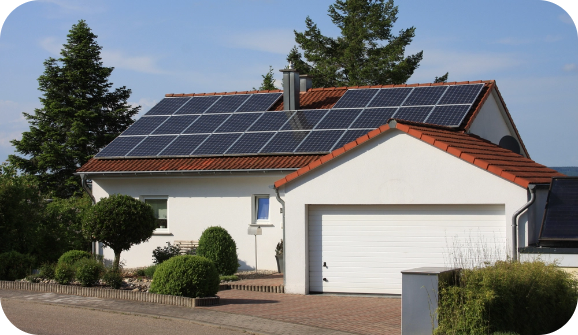
The different types of solar panels can be organized by each panel’s respective wattage. The 100-watt panel, in particular, can be a highly convenient option due to its manageable size and long-lasting battery life.
What is a 100-Watt Solar Panel Used for?
The way you utilize your 100-watt solar panels will depend on what you plan to power. While a single 100-watt panel may easily power small appliances and devices with low wattage, larger appliances and homes can require greater power. You may need to utilize several panels at once or select panels with higher wattage.
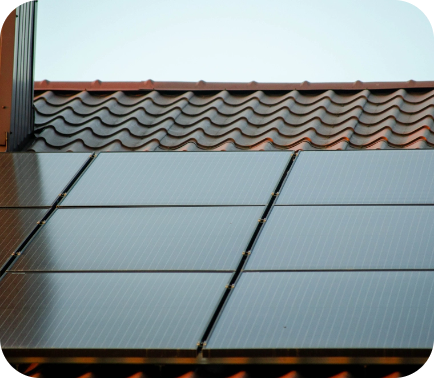
Advantages of 100-Watt Solar Panels
The 100-watt solar panel can be advantageous for a number of reasons, including its small size, simplicity of use, and convenience in various circumstances. Its manageable size makes it valuable for certain types of travel, such as an RV trip, as opposed to larger, less mobile units. These panels can also come with a kit with all the accessories you need to use them correctly and start generating your own solar energy. The 100-watt panel can also be a convenient option for customers looking to increase their solar energy on a smaller, or more gradual, scale; those who travel in a van or RV and need power on the go; those who are only powering small devices with solar energy, and so on, and don’t need a bulky solar setup.
What Can I Power with a 100-Watt Solar Panel?
To understand how to use a 100-watt solar panel effectively, you must first figure out the required wattage of what you need to power and the amount of sunlight your area should receive per day.
Typically, a 100W solar kit can power multiple small devices, such as:
For larger appliances — such as televisions, refrigerators, or heaters — you’ll need several panels to supply enough power.
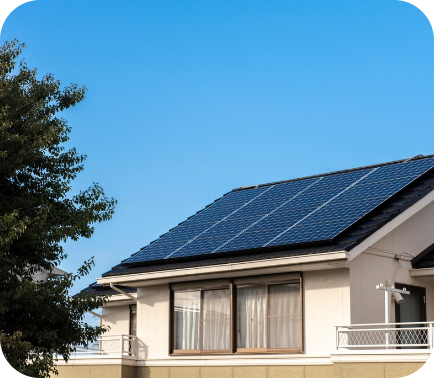
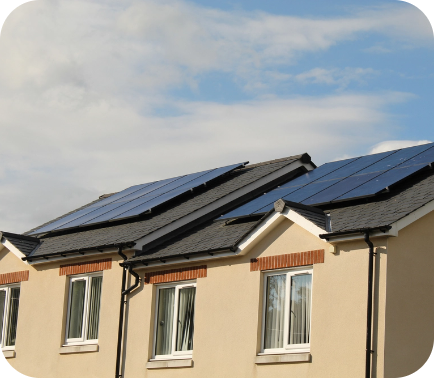
Can I Use Solar Panels in a Power Outage?
While your solar panels can generate energy throughout a power outage, it’s important to note that grid-tied solar energy systems are designed to shut off in the event of a power outage, meaning that the power will not be able to be used within the house. This function protects any utility workers that may be repairing the lines from the risk of electrocution.
Solar panels that are not grid-tied, meaning they have a backup solar battery, can be fine to use during a power outage; they can, however, be a more expensive option.
How Much Do 100-Watt Solar Panels Cost?
The price of a 100-watt solar panel can vary by location, demand, features, and manufacturer. However, the average cost of a 100-watt solar panel ranges between 100-200 dollars.

What is the Energy Output of a 100W Panel?
There are a variety of factors that affect the actual amount of energy your solar panel will generate. The output of your solar panel depends on the amount of sunlight it receives and varies based on your location, the placement of your panels, and the weather conditions in your area.
While the actual output of a solar panel depends on its input and environment, the maximum output of these particular panels will remain 100 watts. A 100-watt solar panel can generate somewhere between 300 and 600 watt-hours, or Wh, of energy per day. A watt-hour refers to one watt of average energy flow per hour.
The location in which you live, as well as the weather conditions there, can heavily impact the amount of energy your panels receive. Stormy and cloudy weather significantly impact the energy input for your solar panels, and your location can increase or decrease the chances of that inclement weather.
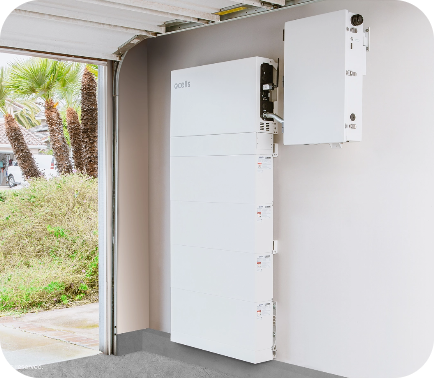
Do I Need to Use a Battery with My 100W Panel?
While you don’t necessarily need to purchase a battery for use with your solar panel, they’re very useful to have as they will provide backup power at night when your panels don’t generate power and during grid outages.
A battery can help you store power at times of day during which there’s a surplus of collected energy. Instead of being unused and wasted, a battery provides space to save that energy for use later on, which can save you even more money on your power bill.
Lead-acid batteries are bulky but affordable options for solar panel owners. Typically, the solar panel owner should pair a 100-watt solar panel with a 12-volt lead-acid battery. These should have a capacity of about 1,200 Wh. There are some rules to remember for your safety and the maintained quality of your equipment, like remembering to factor in the battery’s depth of discharge when using a lead-acid battery. As a rule of thumb, a user should not use more than half of the energy stored in a lead-acid battery.
A more efficient, less bulky option for those looking for a lead-acid alternative is the lithium battery. Different from their lead-acid counterparts, the energy from lithium batteries can be almost totally discharged without issue. Solar panel users typically gravitate toward lithium-ion batteries that hold just slightly more than the daily energy output of your panel.
Can You Power a Home with 100W Solar Panels?
100-watt solar panels are handy for smaller appliances and limited uses. A single 100-watt solar panel is insufficient to power a home unless paired with additional panels. In order to power your home with 100-watt panels in a cost-effective way, you would need around 50-100 of them. Calculate the number of 100-watt panels that can power your home below.
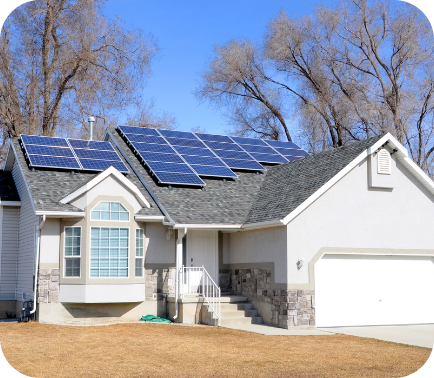
Final Word
Ultimately, a 100-watt solar panel can be highly useful for powering small devices and can be far more powerful when used with other panels. The 100-watt panel is convenient, easy to use, and a good way to get started on your solar energy journey. Start taking advantage of solar energy today by contacting one of our solar advisors and viewing Axia’s solar energy offerings.
Ready to Electrify Your Life?
Isn’t it amazing what simple sunlight can do? We think so — and that’s why our mission is to help as many people as possible discover the empowerment behind energy independence. If this article has inspired you to go solar, get in touch with us today to get a custom quote from an advisor. We’ve pledged to make the solar transition as seamless and simple as possible!